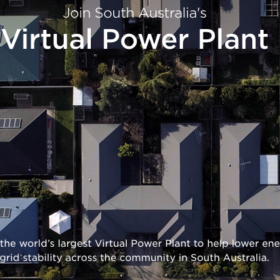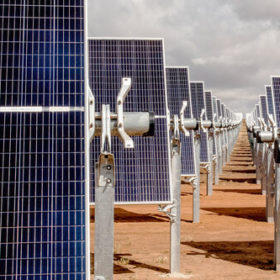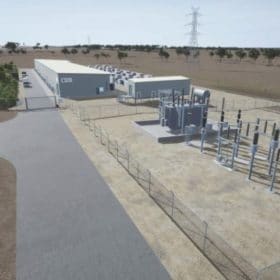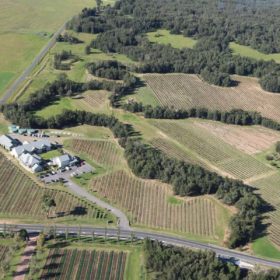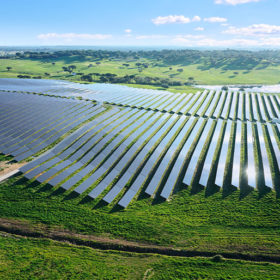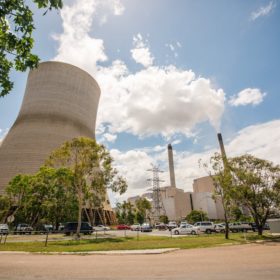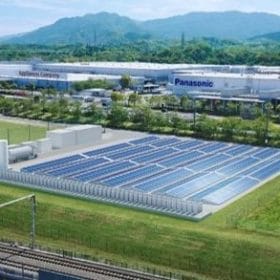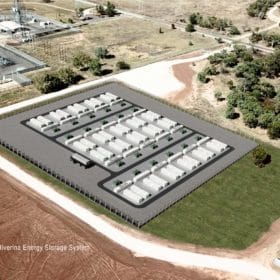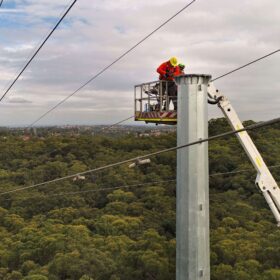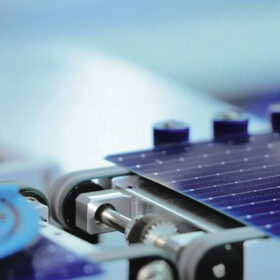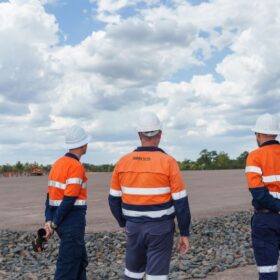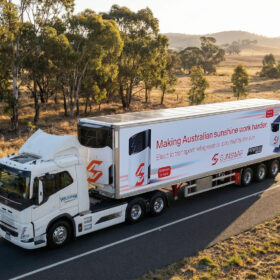‘We see a future where Australia produces thousands of terawatt hours of renewable electricity’
Chief Executive of the Australian Renewable Energy Agency, Darren Miller, says he envisions a future where Australia will produce up to ten times more clean electricity than the country requires to become a “shining example of what is possible if you have the right ingredients and the right ambition.”
SA social housing VPP expanded to provide Tesla batteries to homes without solar
The Housing SA Tesla VPP is being expanded to include a trial of 20 homes unsuitable for solar installation. The SA Government is offering free Tesla batteries to such homes to show how participation in the VPP with a battery alone can still deliver significant savings.
Batteries boom as investment in large-scale renewables slumps to a 5-year low
New data released by the CEC and confirmed by industry experience, shows investors have become shy of committing to large-scale renewable projects in Australia, where government intervention has created uncertainty, and grid risk is virtually impossible to quantify — even with a prized connection agreement in hand.
Commonwealth puts $20 mill into Amber, helping energy customers ditch exxie fossil fuels for renewables
That’s the Commonwealth Bank of Australia we’re talking about, not the Commonwealth Government … but someone has to lead the way. Sustainability-savvy CBA is placing an investment bet on innovative energy retailer, Amber.
Stanwell announces new battery as part of state storage blitz
The Queensland Government is doubling down on its renewable energy strategy, announcing the state’s largest battery is soon to be connected to the grid and unveiling plans to build a large-scale standalone battery alongside the coal-fired Tarong Power Station.
Microgrid research project aims to help farmers and the network
A microgrid research project taking place in four farming communities located in New South Wales and Queensland. Over 50 smart meters are collecting real-time energy data to determine models and microgrid solutions to help farmers struggling with high electricity bills, and to help the struggling network of energy infrastructure.
Large-scale solar PV slows as big battery investment takes off
Renewable energy developers in Australia have turned their attention to energy storage with the level of investment in utility-scale batteries skyrocketing by more than 300% in the past three months but that has been offset by a worrying decline in the number of large-scale solar PV and wind projects reaching financial close.
Callide catastrophe sparks calls for big batteries
Queensland’s worst power outage in decades has triggered calls for the introduction of more utility scale batteries capable of providing security for the state’s electricity network.
Panasonic combines hydrogen fuel cell generators with PV and storage
The pilot project is combining hydrogen fuel cell generators with a combined capacity of 500 kW with a 570 kW solar array and 1.1 MWh of lithium-ion batteries. It is planned to come online in the spring of 2022.
NSW Riverina in store for 100 MW / 200 MWh big battery
Murrumbidgee Shire in the New South Wales’ Riverina region is set for a big battery and big flexibility after Edify and Shell Energy came together on a deal that will see the realisation of the Riverina Energy Storage System.

